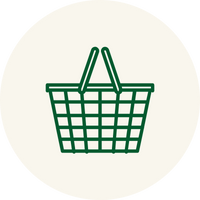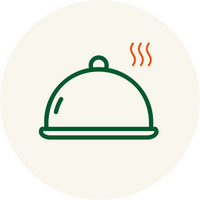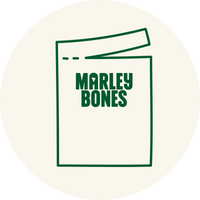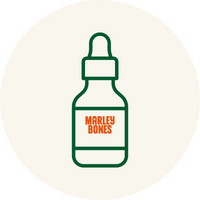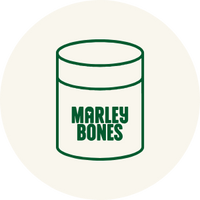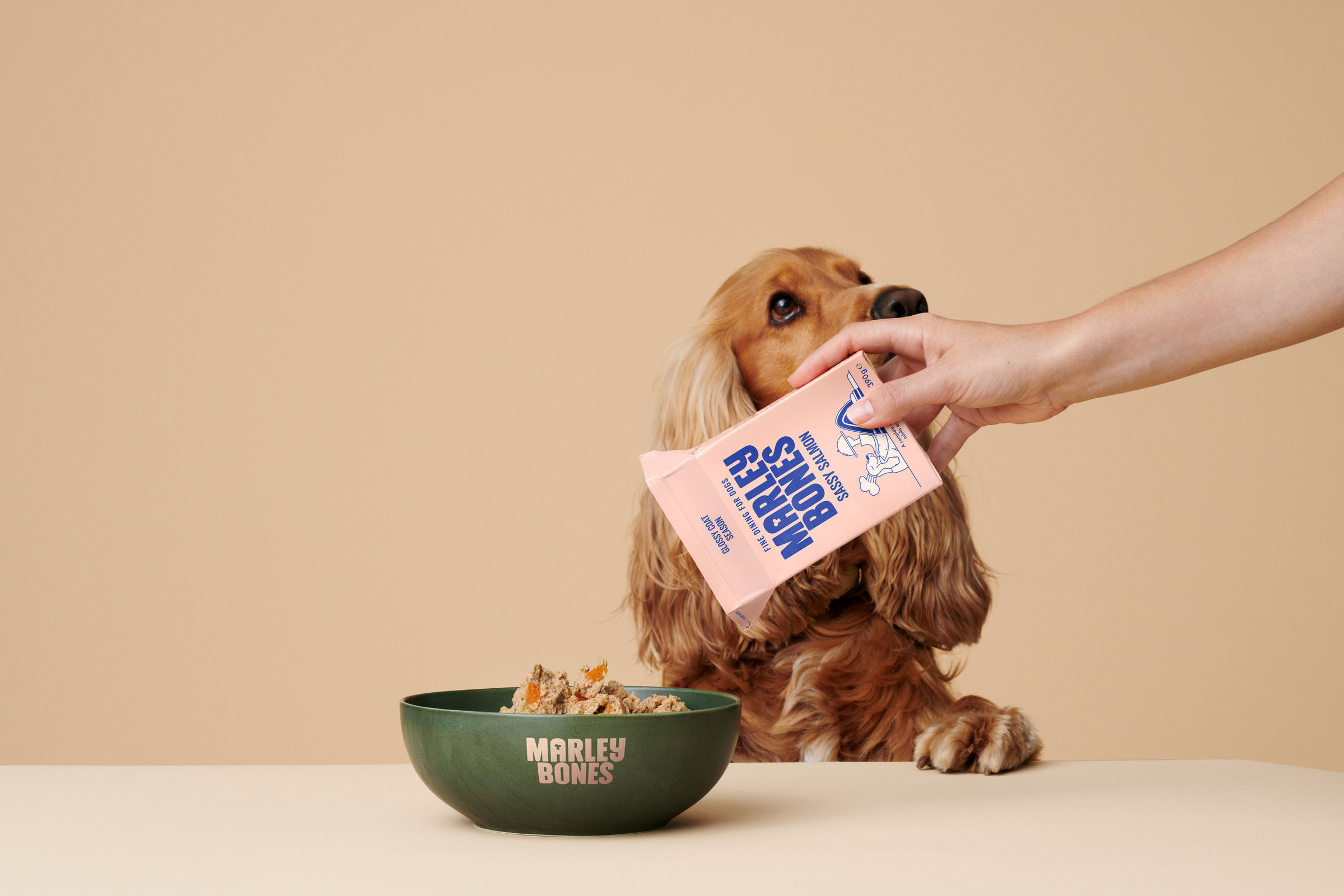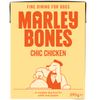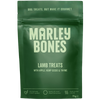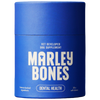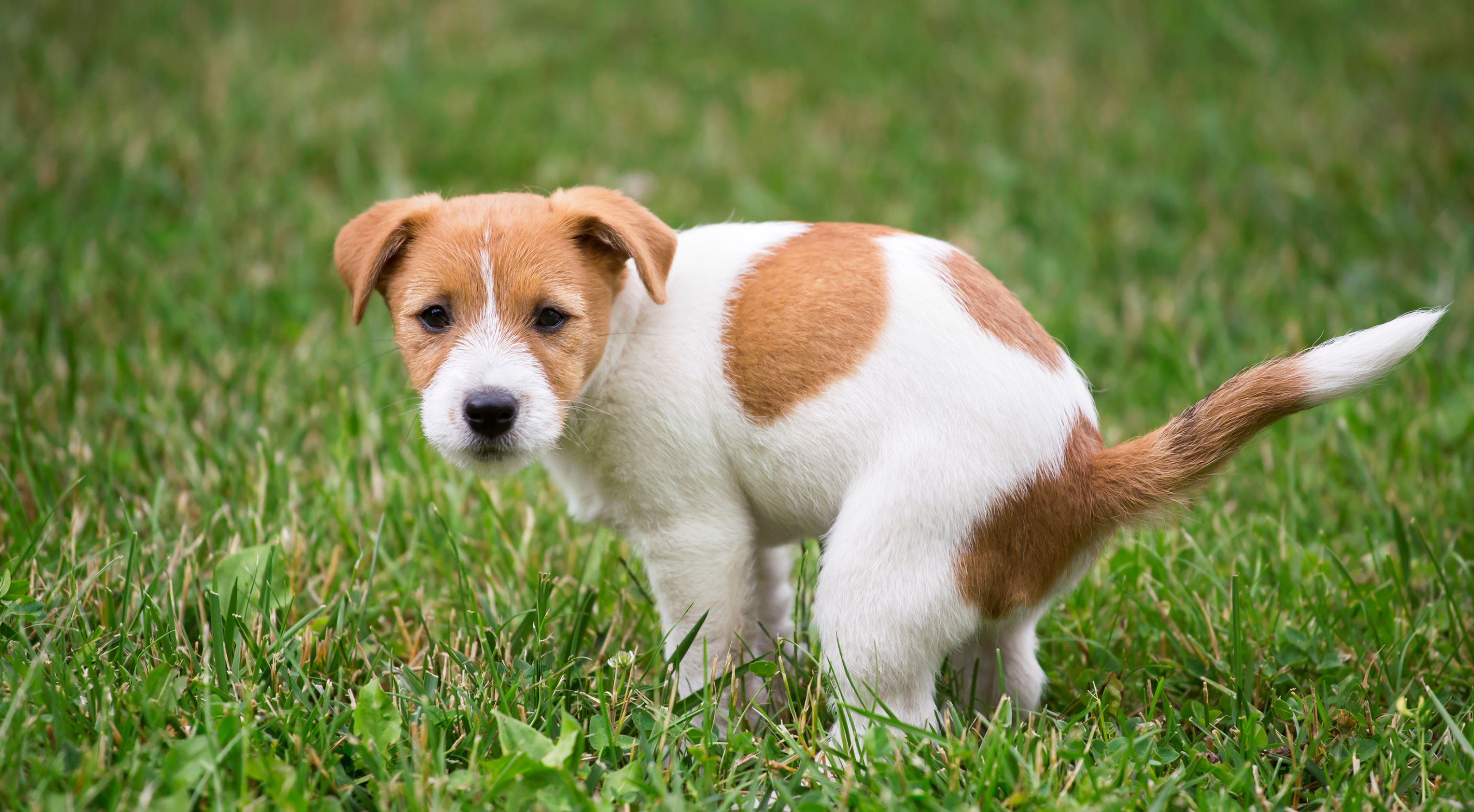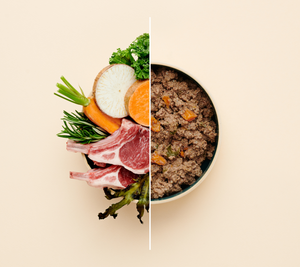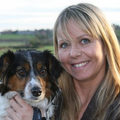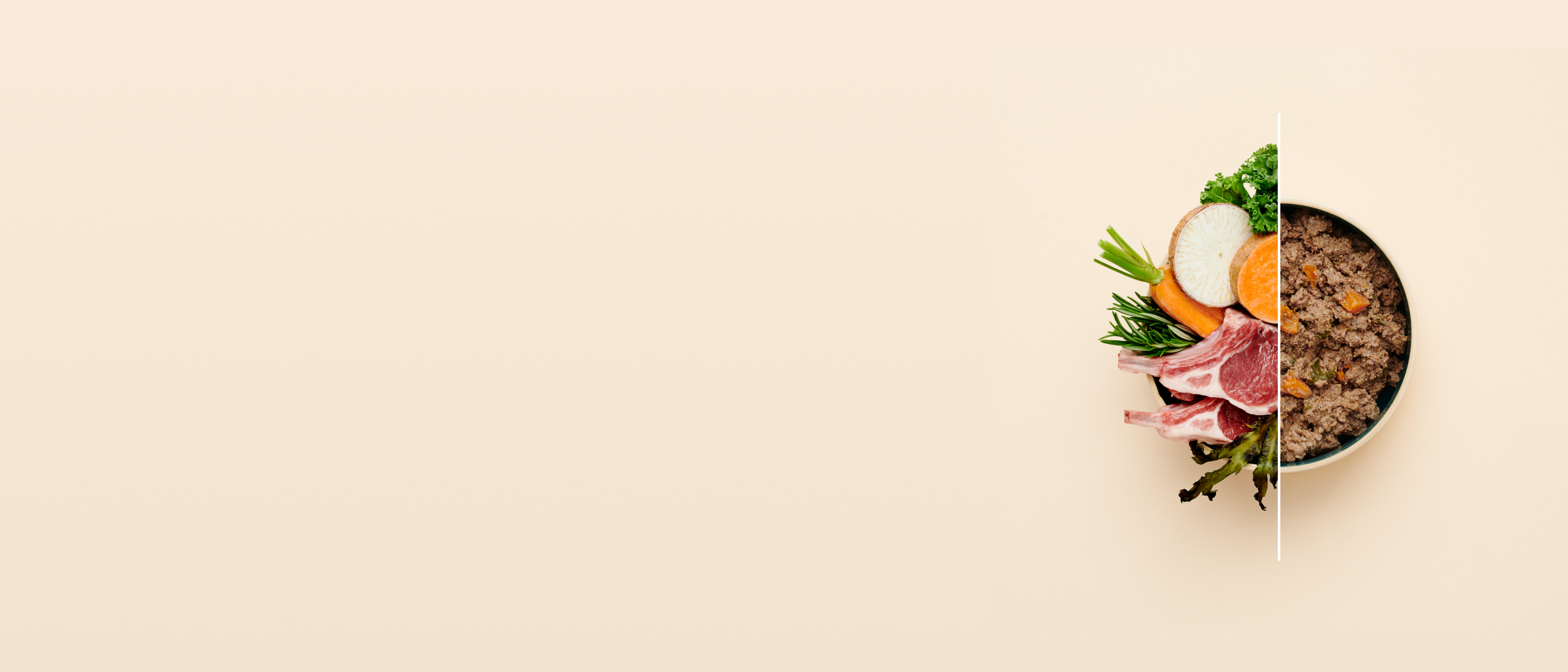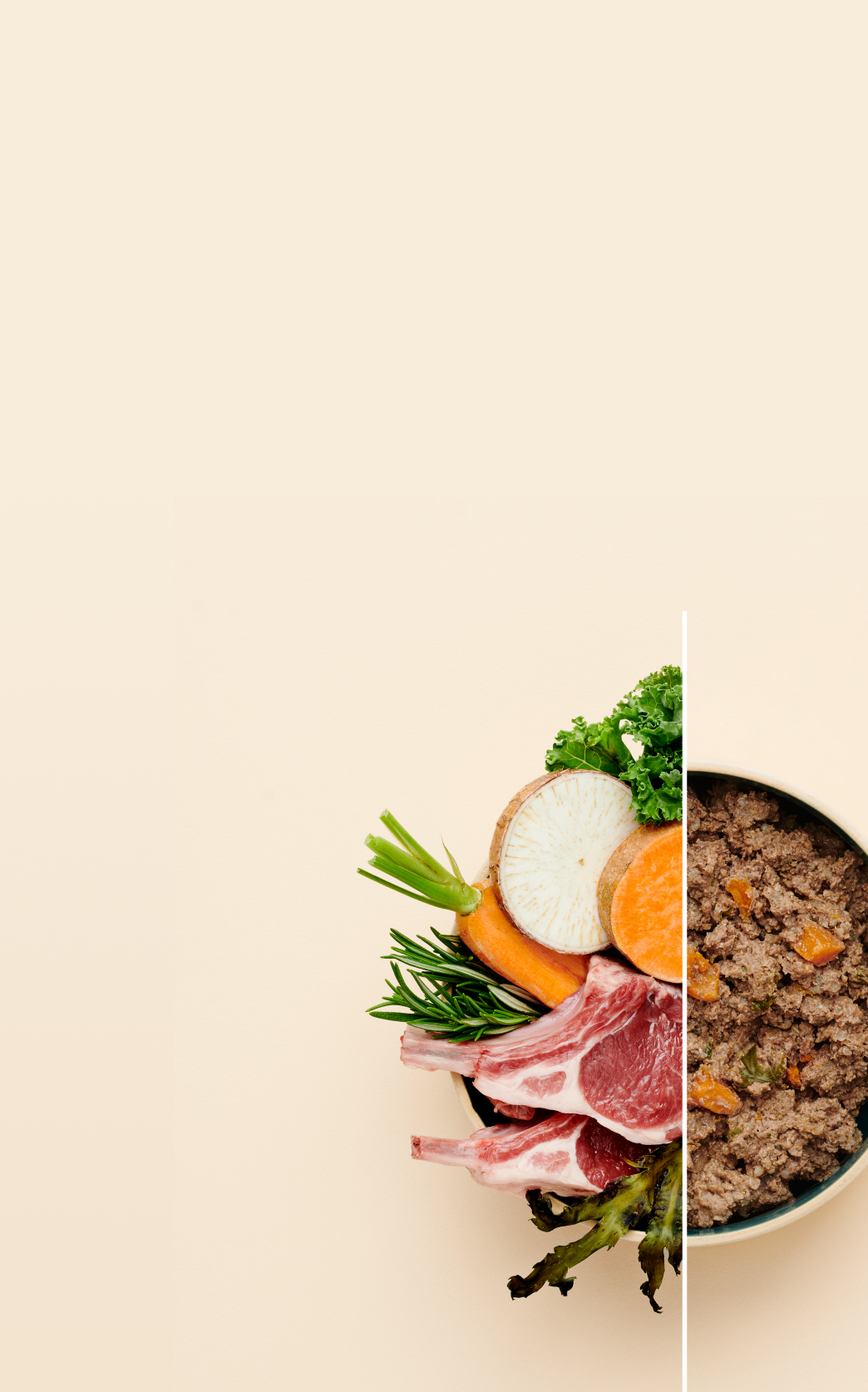Puppy Toilet Training 101: What To Expect And How To Get it Right
So you’ve brought your gorgeous new puppy home — congratulations! Now let’s talk toilet training. Yes, there will be pee and poop on the floor. It’s totally normal, and it doesn’t mean you’re failing. All puppies need time, routine and a little help to get the hang of it. With a bit of patience (and a lot of cleaning spray), you’ll get there.
Toilet training is one of the first big milestones in your puppy’s life. The key is understanding your puppy’s needs and setting them up to succeed from day one. In this guide, we’ll walk you through the process step by step — from choosing the right toilet spot to handling accidents calmly and confidently.
Where Should Your Puppy Go To The Toilet?
Before anything else, decide where you want your puppy to go. Do you have a garden or balcony? Are you in a flat or house? Can your puppy go outside yet, or are you waiting for vaccinations? If you’ve got foxes in the area, you might also need to be cautious — they can carry parasites and diseases.
Set one clear toilet area (whether indoors on a pad or outdoors) and consistently take your puppy there. Surfaces matter: some pups will prefer grass, others may fixate on hard areas like patios or fake grass — which can hold odour and need regular cleaning.
Watch for signs — sniffing, circling, restlessness — and take your puppy to the spot straight away. Don’t distract or chat to them until they’ve finished.

Stick To A Schedule!
Tiny bladder, tiny window. Puppies usually need to wee:
- As soon as they wake up
- 10–15 minutes after eating
- After a burst of play or excitement
Expect early starts and late nights at first. Think 5:30–6am wake-ups and a last toilet trip around 10:30–11pm. It’s not forever, just while they’re building the habit.
Crates & Playpens: Yes or No?
A crate or playpen can be a brilliant support tool for toilet training — but it’s not essential. If your puppy isn’t keen on being confined, don’t worry. Just make sure they’ve got a cosy sleeping area, and that you’re extra vigilant about taking them out regularly.
Top tip: remove doormats and rugs in the early weeks. Puppies love to pee on them!
And when your puppy starts going for walks, they might not toilet in the park straight away. That’s normal. Take them out again in the garden when you get home.
Quick Fire Training Do's & Don'ts
Do:
- Take your puppy out regularly — at least once an hour to begin with
- Get them to their toilet spot after sleeping, eating, playing, training or walks
- Praise them calmly when they go in the right place (verbal praise is enough!)
- Clean up accidents with a biological washing powder solution — better than sprays that just mask the smell
- Be consistent — routine is everything
Don't:
- Assume an open door means your puppy will take themselves out
- Punish accidents — it only creates anxiety
- Leave them outside and hope for the best — they might just get distracted by the fun!
- Withhold water — puppies need fresh access 24/7
- Chat and play while waiting for them to toilet — it’s confusing
The Final Woof
Even with great progress, accidents might happen — especially when teething starts (around 16 weeks). Pain and distraction can make them forget their usual cues. It’s all part of the process, so don’t be disheartened.
With consistency, positive reinforcement and a clear routine, most puppies are toilet trained within a few weeks. You've got this — and if you need support, we’re always here to help.
